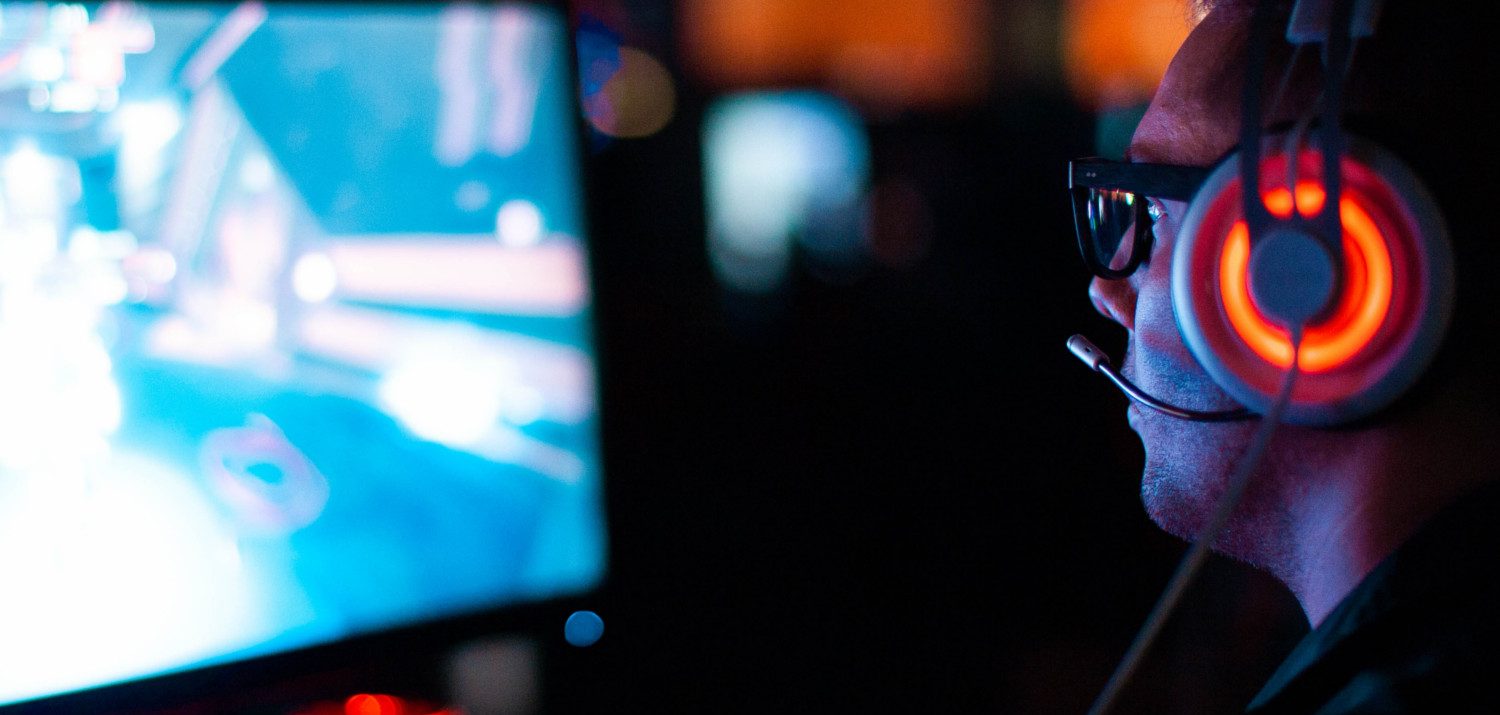
When their favorite band gives a concert, their favorite YouTuber organizes a fan meeting, or a national team match takes place in their own city, young people are thrilled and would like to see their idol live. More and more gamers are also role models for young people and play in public, at so-called eSports events.
Year after year, successful e-sports players win many millions of dollars in prize money at tournaments. eSport (“electronic sport”) means computer or console games in the form of sporting competitions, played alone or in teams. If you would like to learn more about “digital sports”, you can do so here in the parents’ guide.
Public eSports competitions have already reached the professional league. Largely organized tournaments are attended or followed online by enthusiastic fans around the world. Sold-out arenas speak for the huge enthusiasm and fascination for the electronic sport. Probably the biggest event in the world is “LoL”, the League of Legends World Championship. During a tournament period of LoL, gaming fans fill several arenas. What dimensions this has already taken on is made clear by the venues. The final was held at the World Cup Stadium in Seoul, South Korea. The German national team also played in the same stadium in the semifinals of the 2002 World Cup against South Korea.
Children and young people are exposed to various dangers when playing online games at home that are difficult to control – such as contact by strangers, access to games that are not age-appropriate, and the like. At larger eSports events, the protection of minors is usually taken seriously. But there are no binding rules on exactly how the law for the protection of minors applies to eSports events with USK age restrictions. In each case, the decision rests with the local approval authority, insofar as approval is required. To avoid potential problems from the outset, many organizers usually exclude children and young people under 18 from competitions. If young people wish to attend events that are younger than the age rating of the games played there, they must be accompanied by a person with parental authority. Other organizers, such as the ESL (Electronic Sports League – a European umbrella organization for organized gaming and organizer of various tournaments and leagues) join forces with the USK so that younger participants are also allowed. There are strict age controls at each of these events.
Your child would also like to attend an eSports event or even participate in a competition? Then do some research on the conditions at the location and what games are played there including their age classifications. Be especially critical of privately hosted contests and ask what games are being played and what people are present. As with other events, you should also assess whether your child is already responsible enough to attend such an event with friends without an adult chaperone. It’s best to accompany your child to the event or consult with other parents in your child’s circle of friends so that a trusted adult is on hand if, for example, scary content is shown in games.